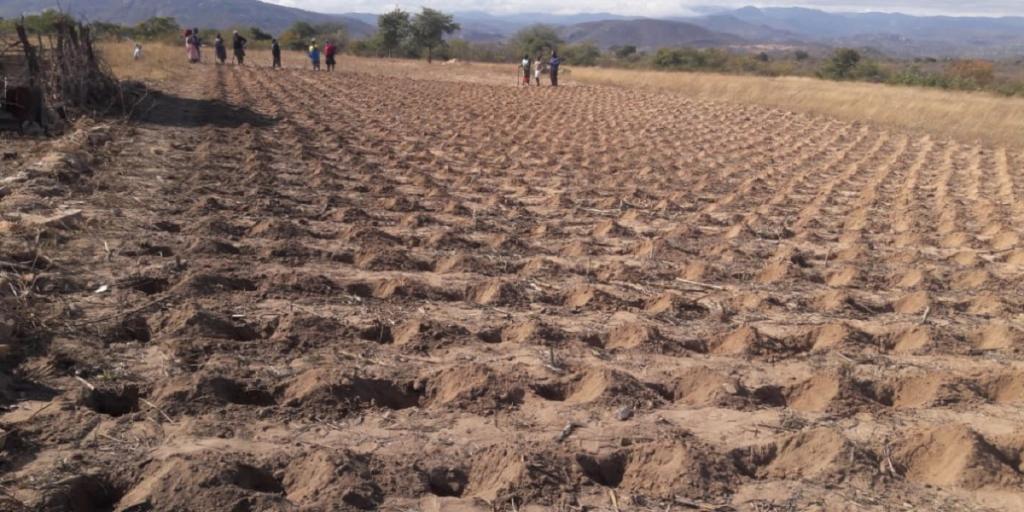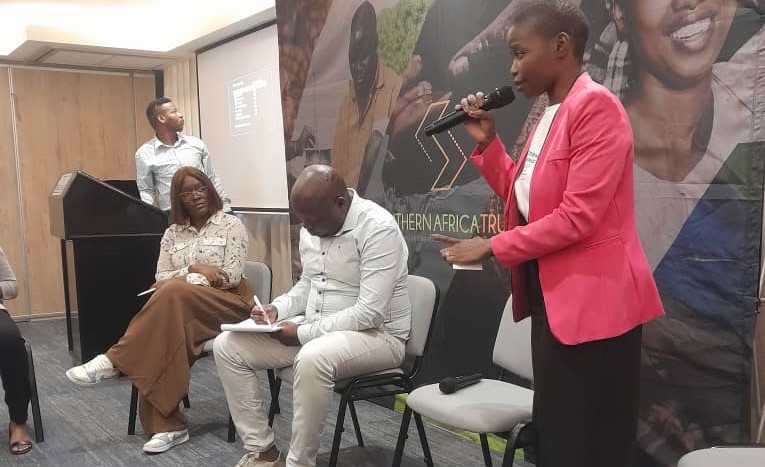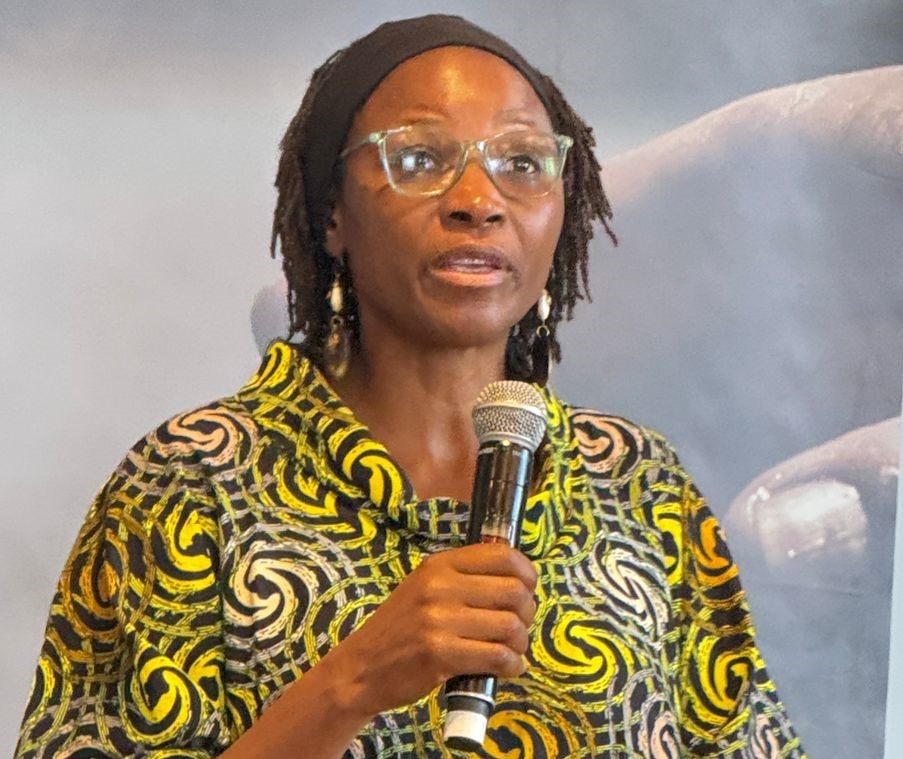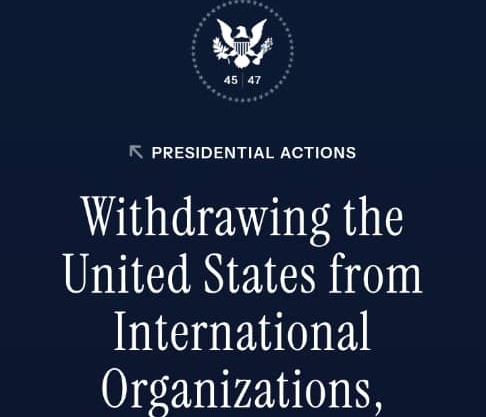ECC Champion
Zimbabwe recorded poor yields over the years due to erratic rainfall patterns but some failures are attributable to poor farming methods which analysts say can only change or be improved if there is government buy in.
The success story recorded under the pfumvudza or zero tillage conservation approach, which was a resounding success, was largely due to government taking the initiative.
Environmentalist Anna Brazier told EnviroPress that the farming methods being practised by many farmers in the country were not sustainable and environmentally friendly.
Brazier said if the government takes a lead in encouraging conservation farming, it would go a long way in getting community approval.
“Conservation farming is the only way out of this climate crisis. Many farmers in Zimbabwe are practising unfriendly methods and efforts to move them towards conservation farming have largely been futile.
“But what we witnessed after government intervention was a huge shift towards zero tillage. Farmers embraced the government’s pfumvudza programme and it recorded some success stories.
“This shows that once the government gets involved in conservation farming, it will go a long way in getting communities involved,” said Brazier.
She said pfumvudza has a lot of benefits to the environment arguing that tilling the land releases a lot of carbon gases into the atmosphere which results in climate change.
“The plough is the worst invention to ever been introduced in the agricultural sector. Tilling the land has never been a good thing.
“Carbon gases which have been trapped in the ground are released into the atmosphere every time we till the land.
“Conservation farming like pfumvudza have recorded huge successes because there was government hand involved,” said Brazier.
She said once the land is tilled, the soil becomes loose resulting in erosion and ultimately siltation of water bodies.
The pfumvudza programme has been adopted by the government as a measure to address the problems of low productivity, low production and low profitability of farming which continue to negatively affect the food security situation in the country.
The pfumvudza programme targets particularly the smallholder farmers who are most vulnerable to the calamities and vagaries of climate change.
This report was made possible through support from WAN-IFRA Media Freedom’s Strengthening African Media Programme: Climate Change and Environmental Reporting. Views expressed here do not belong to WAN-IFRA








